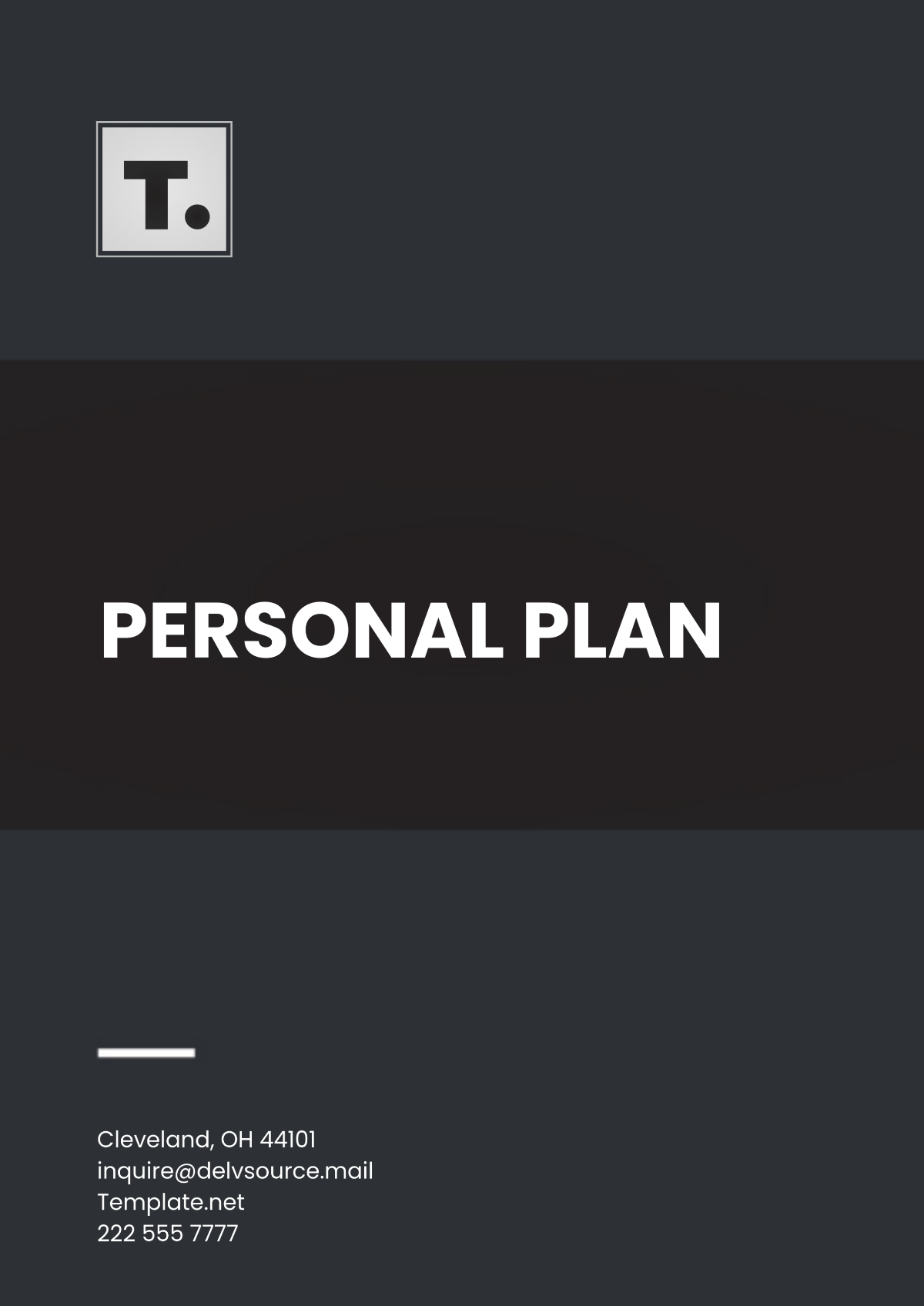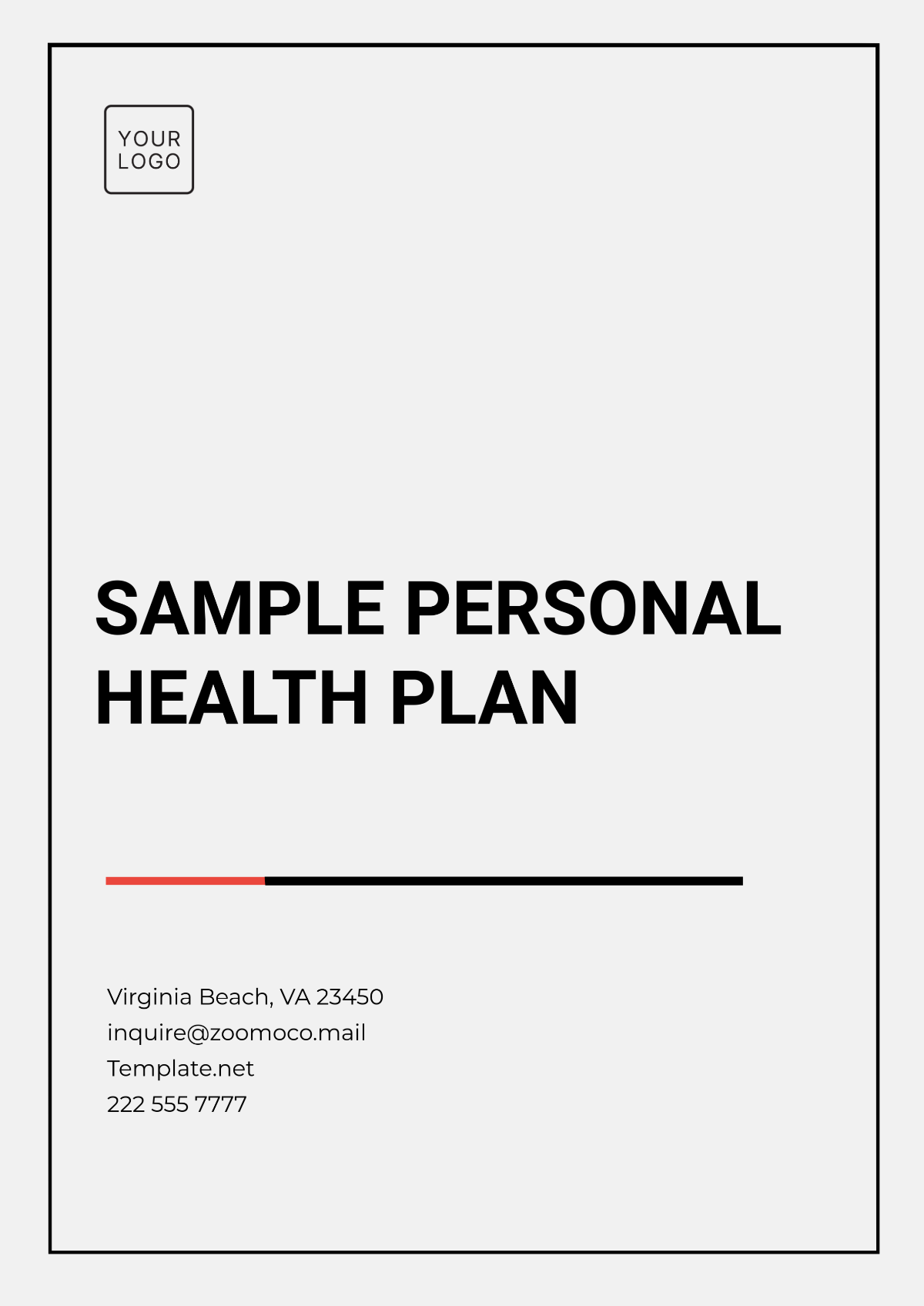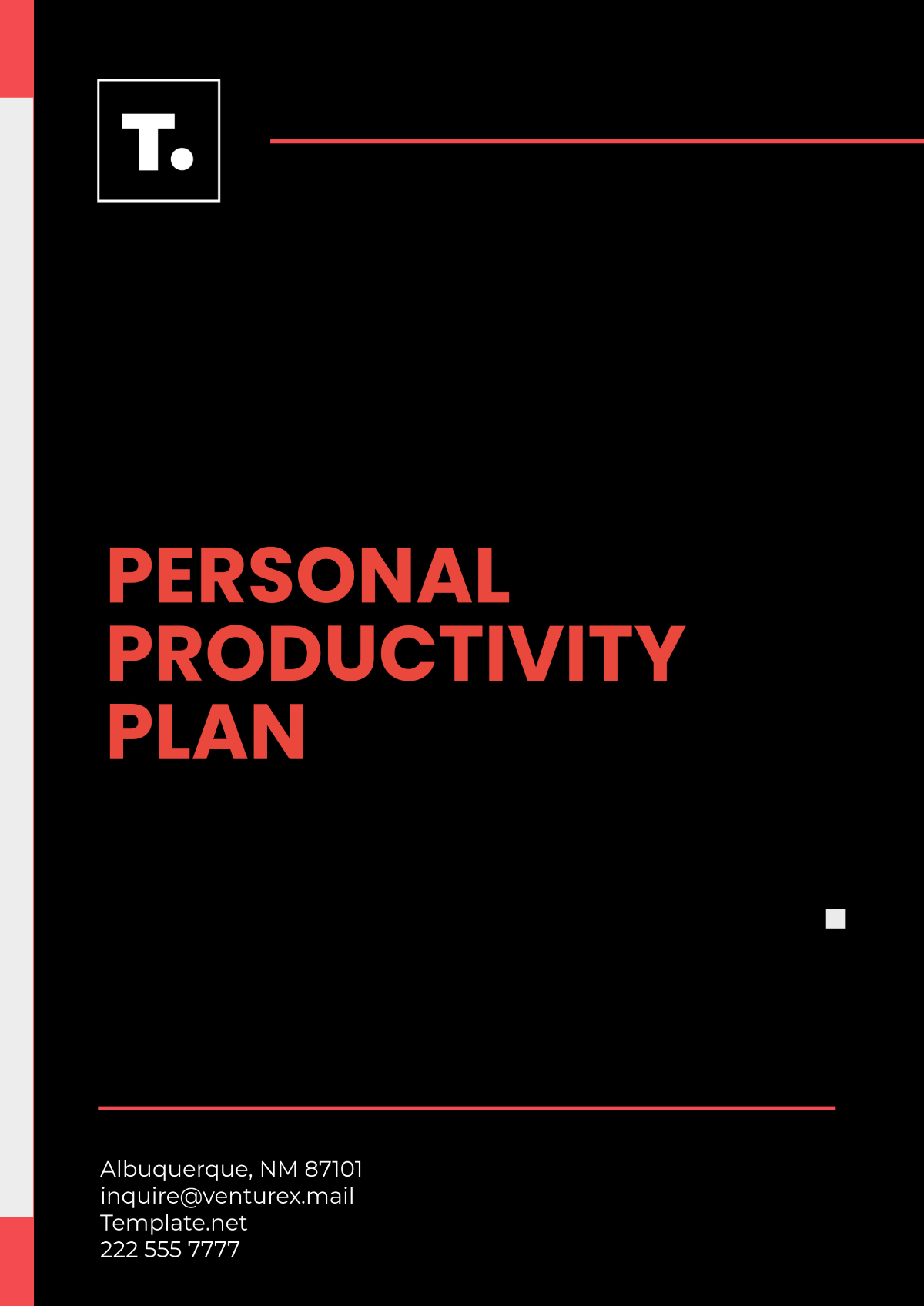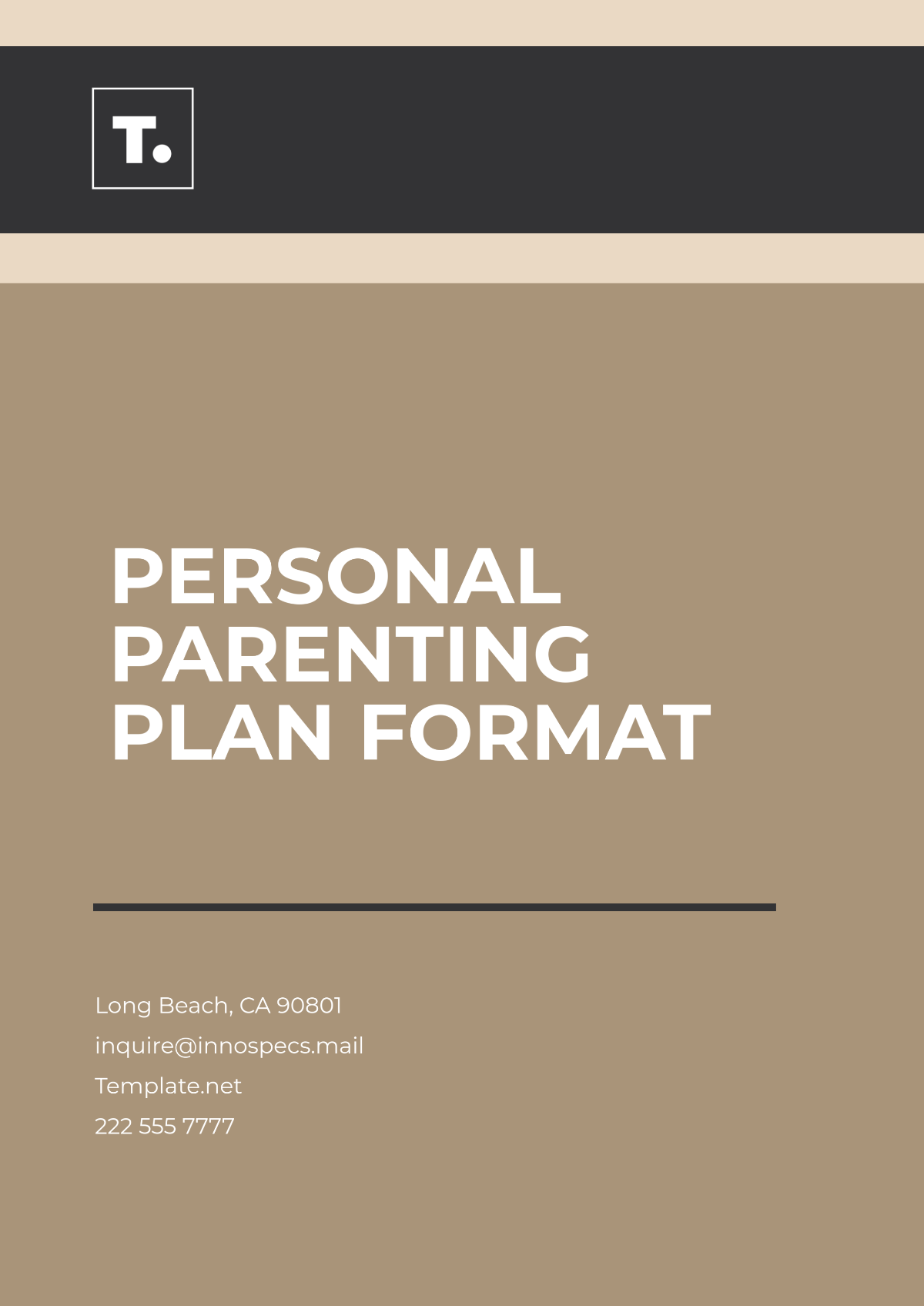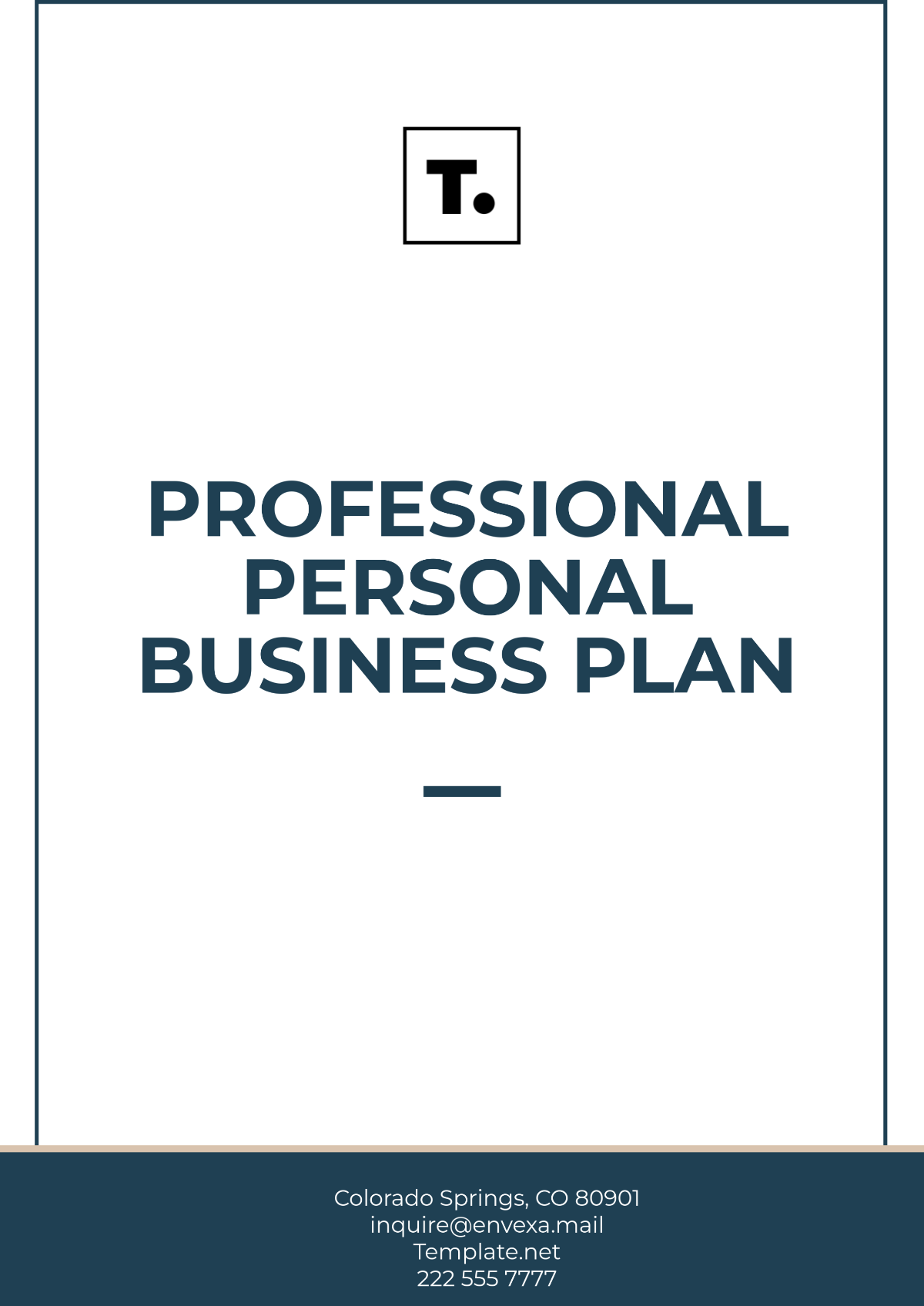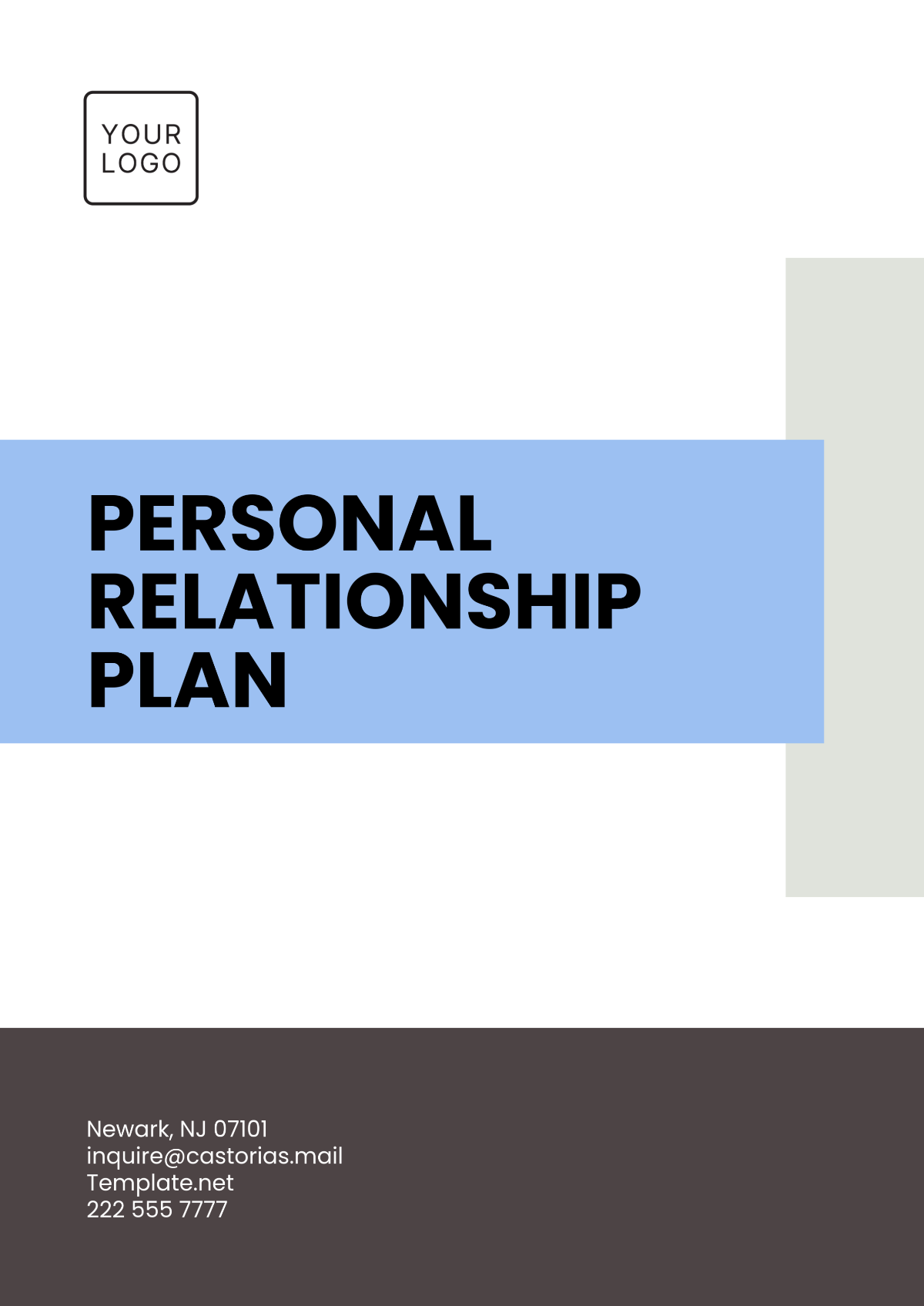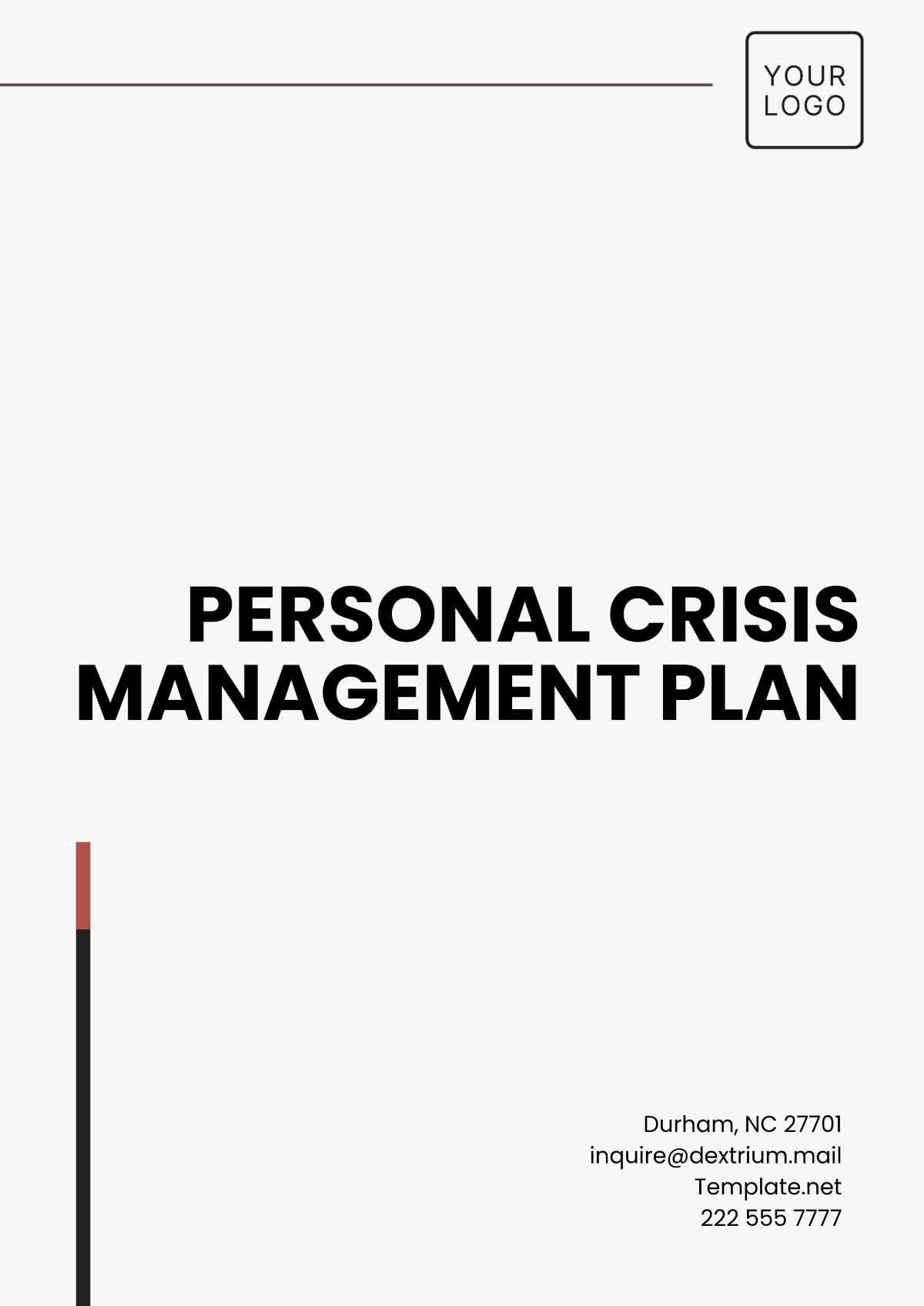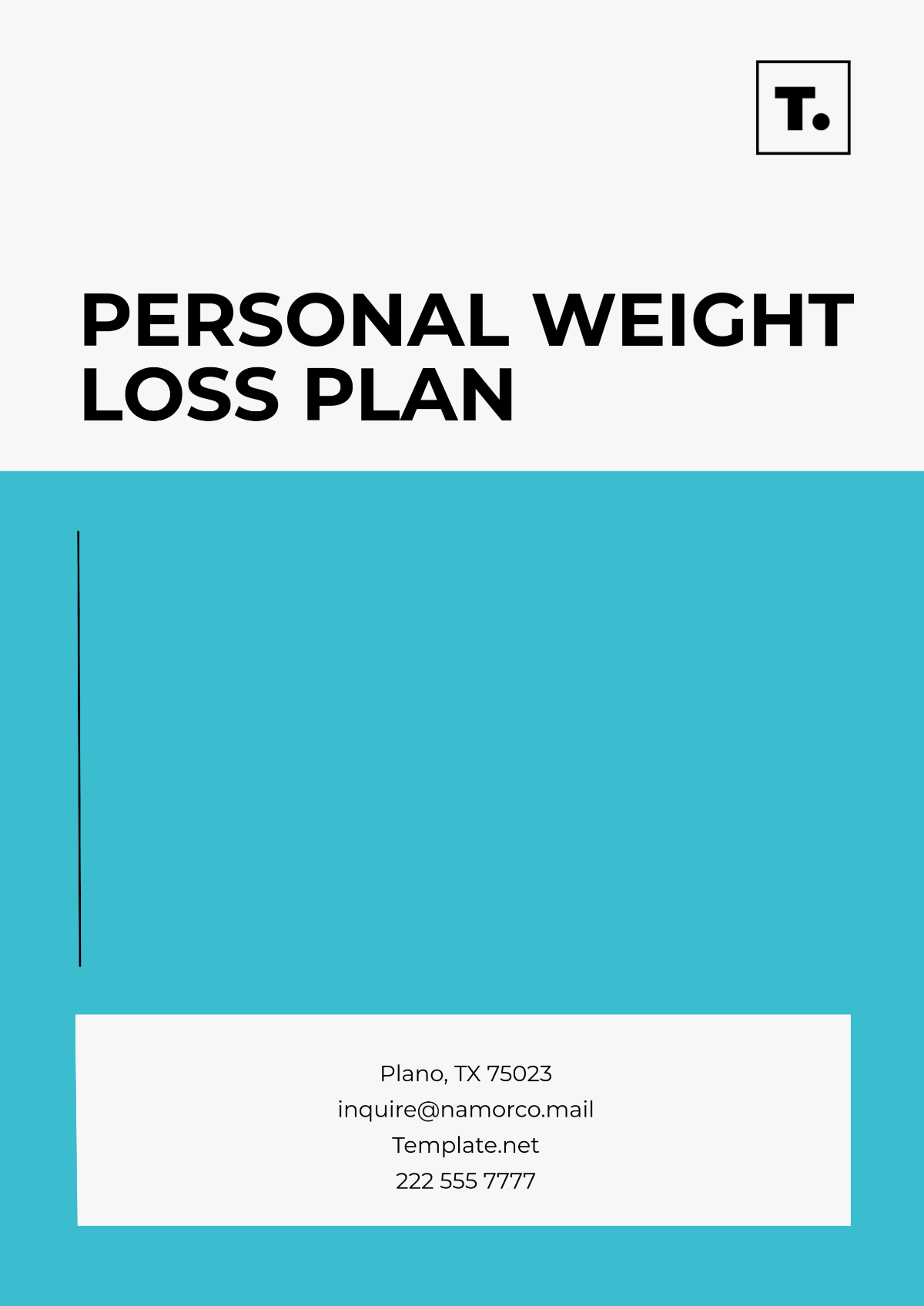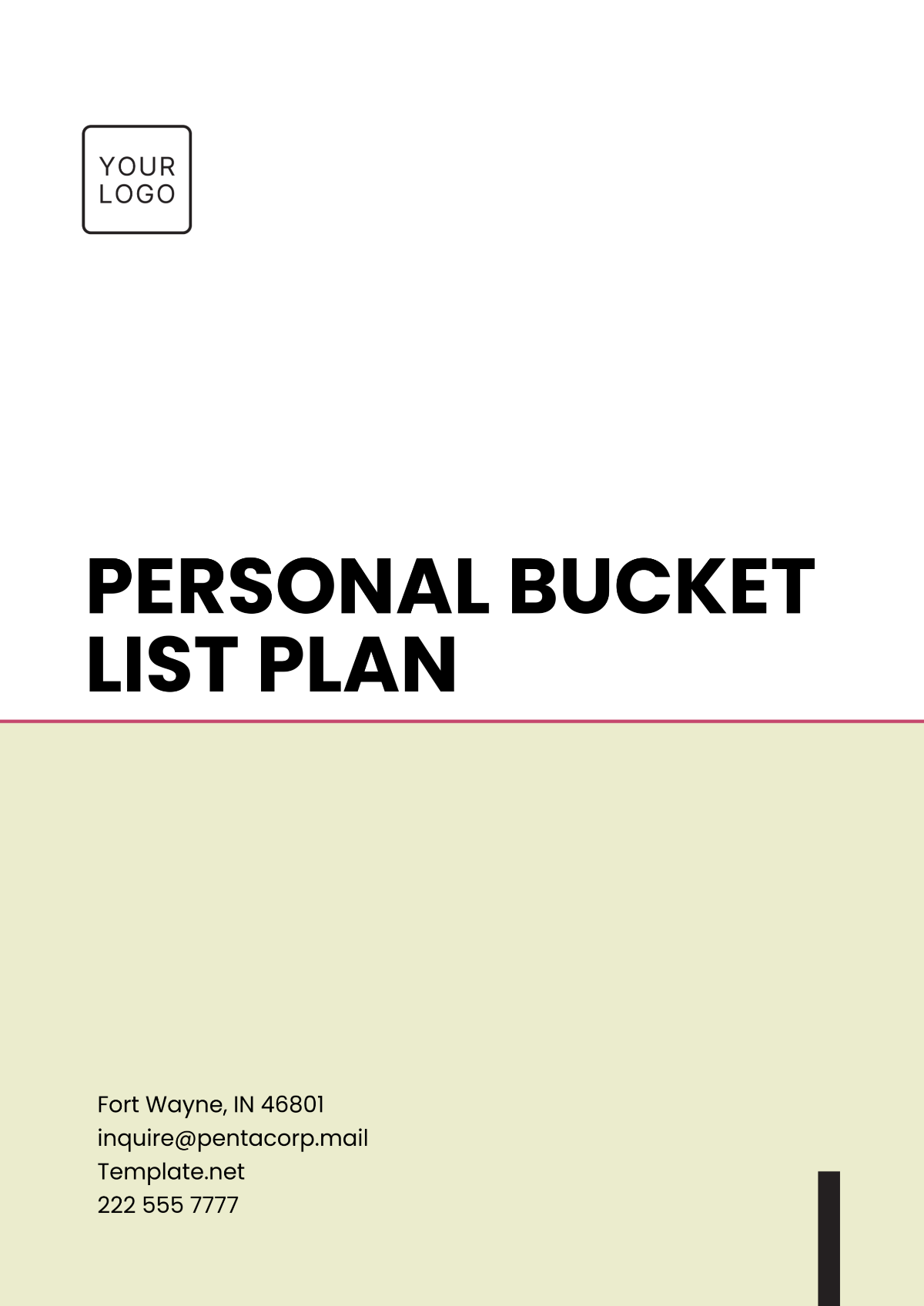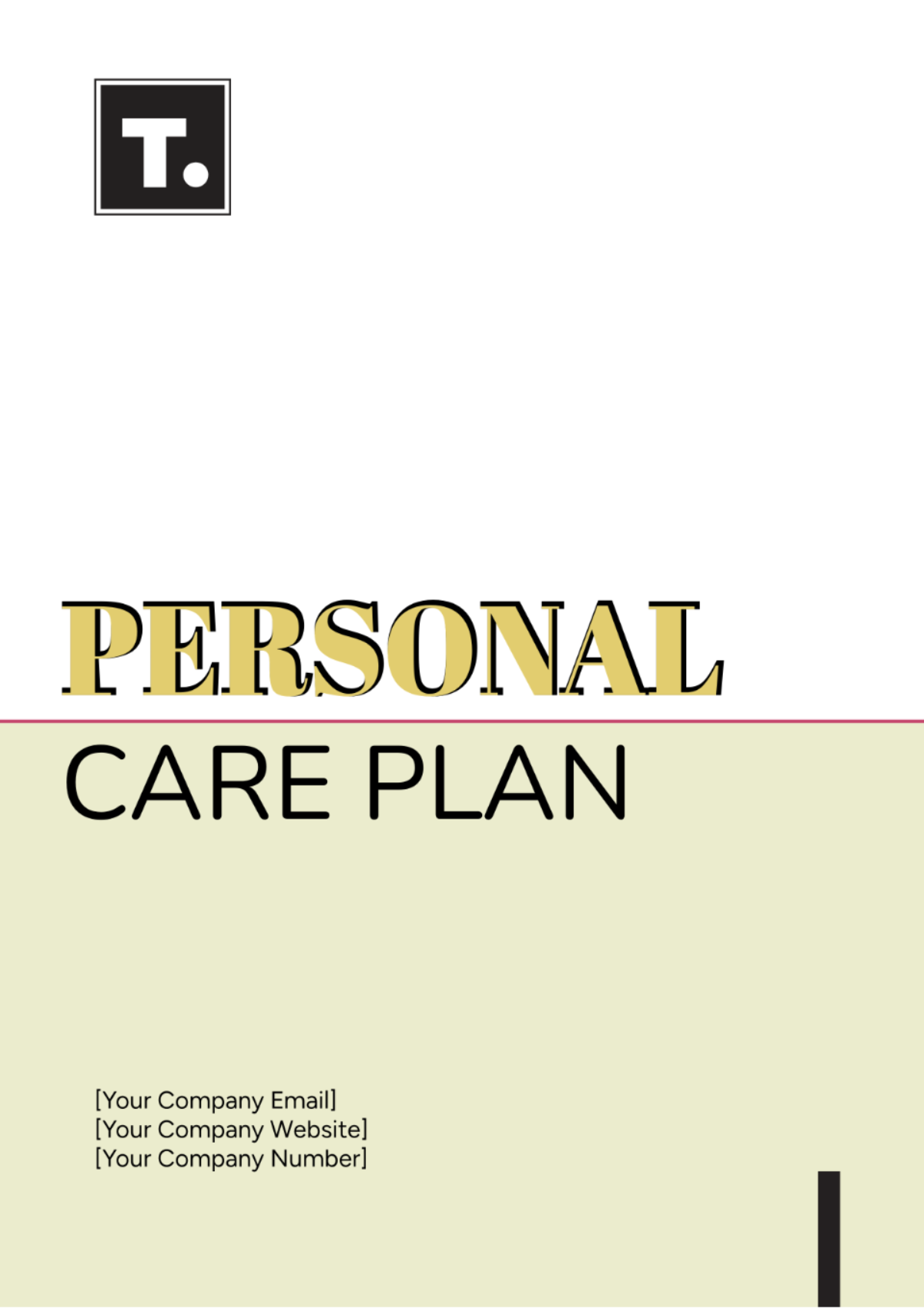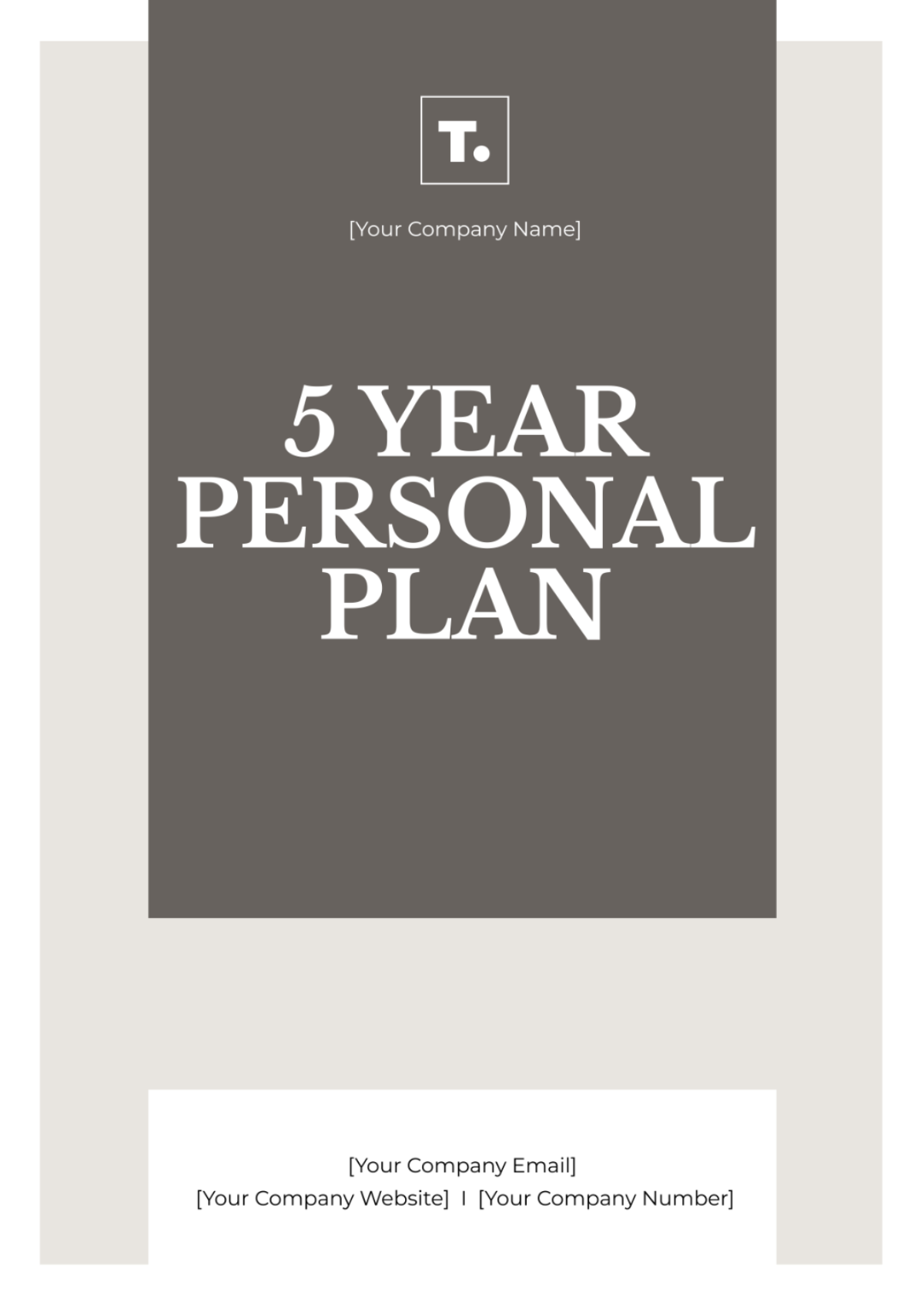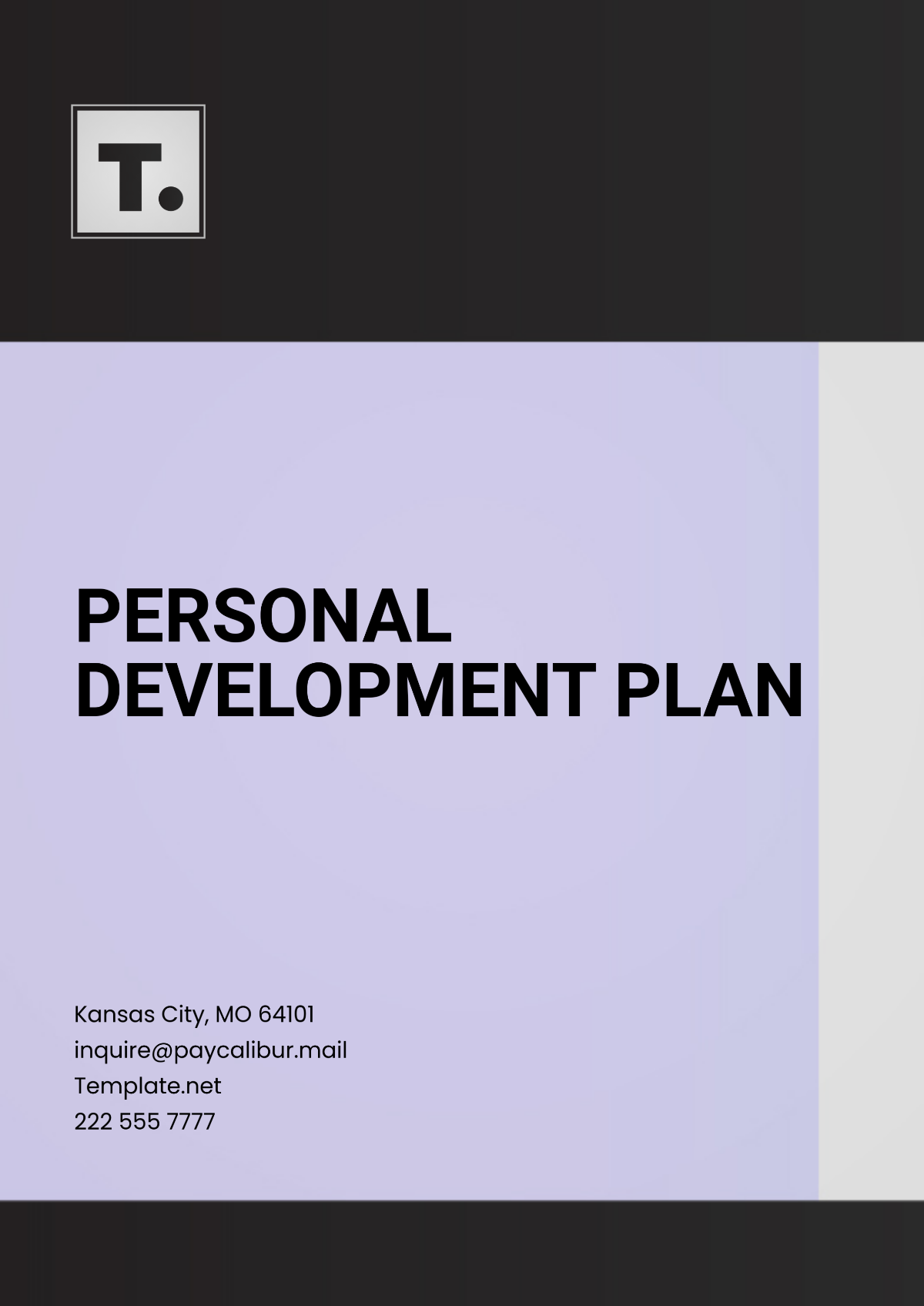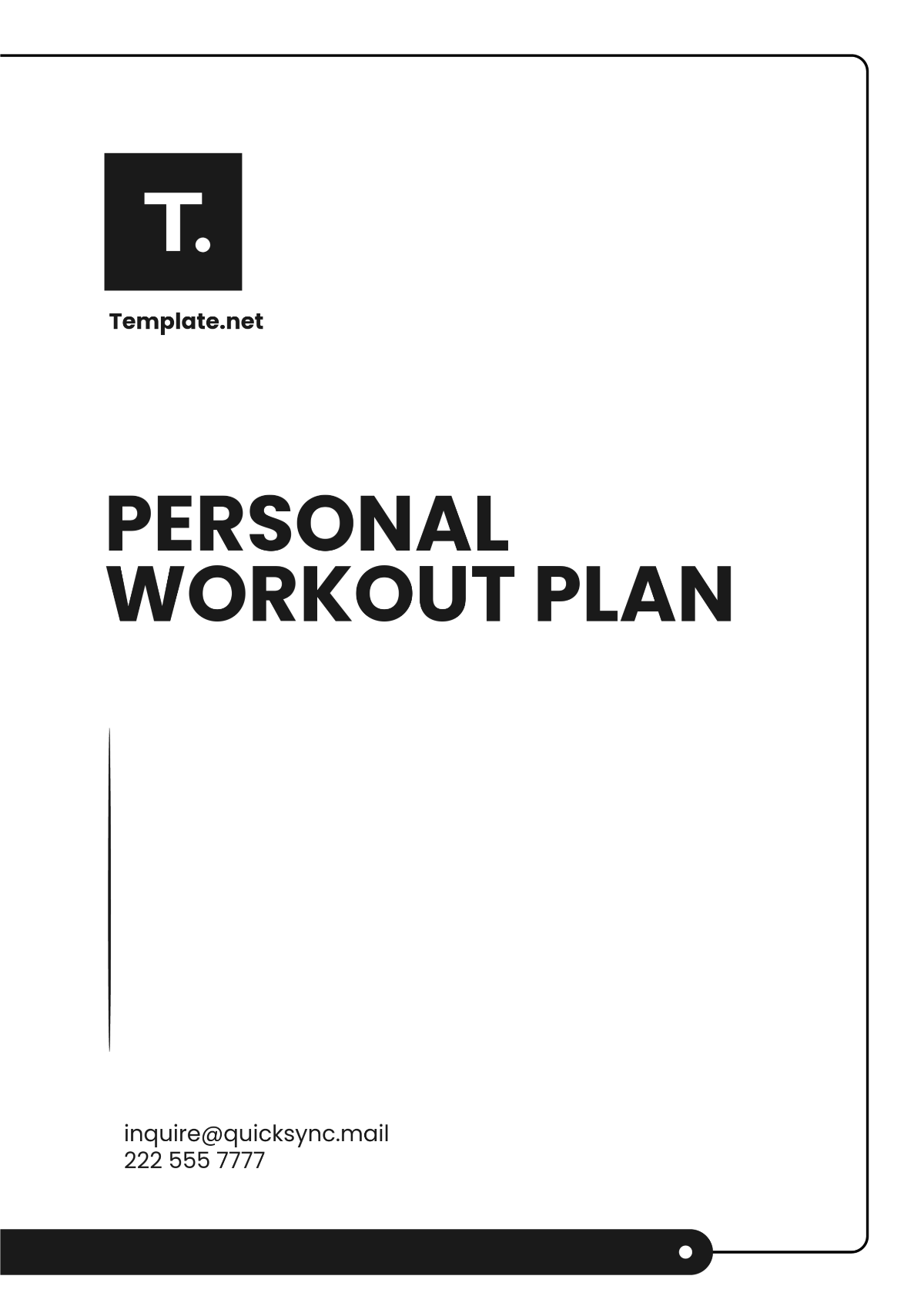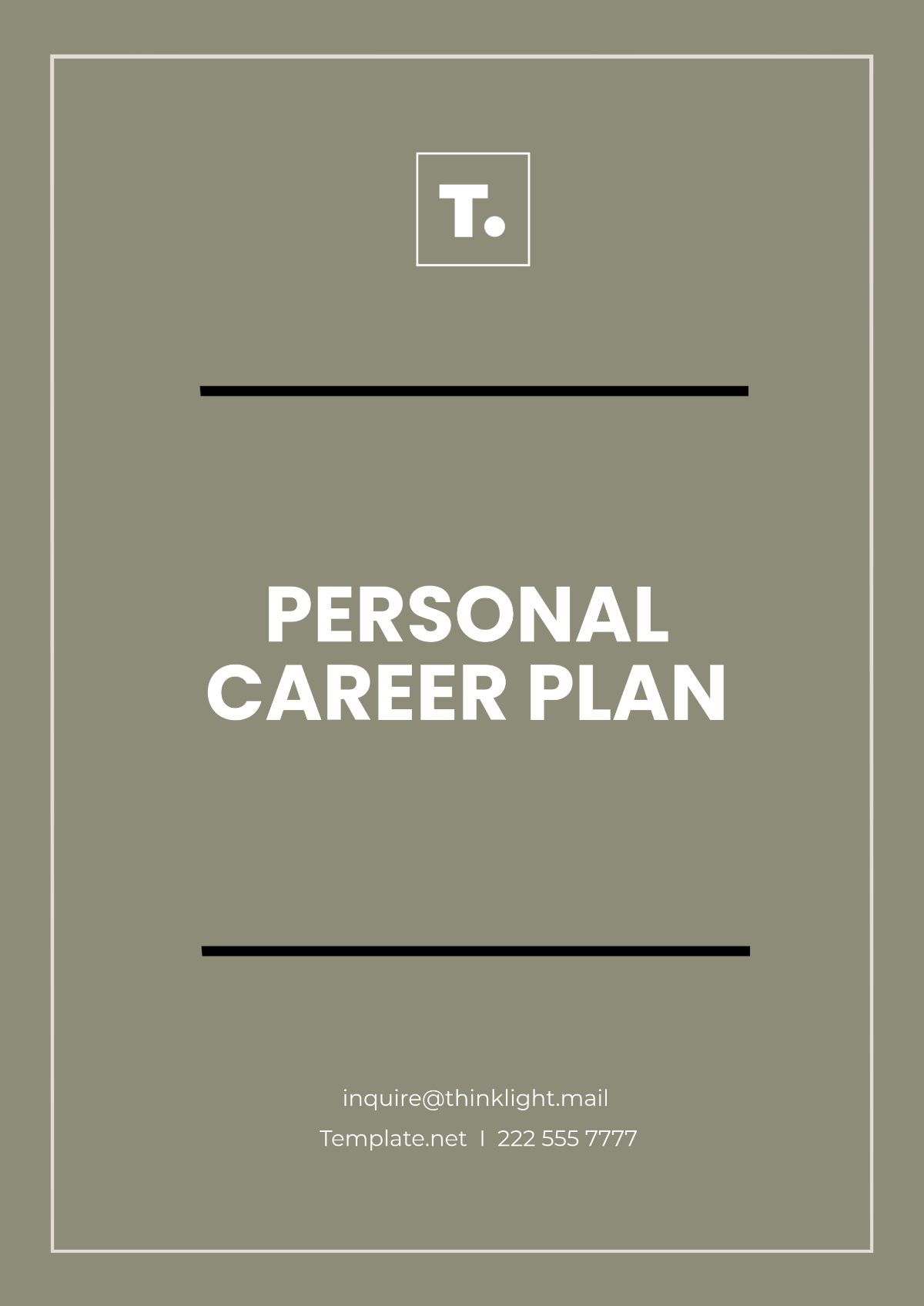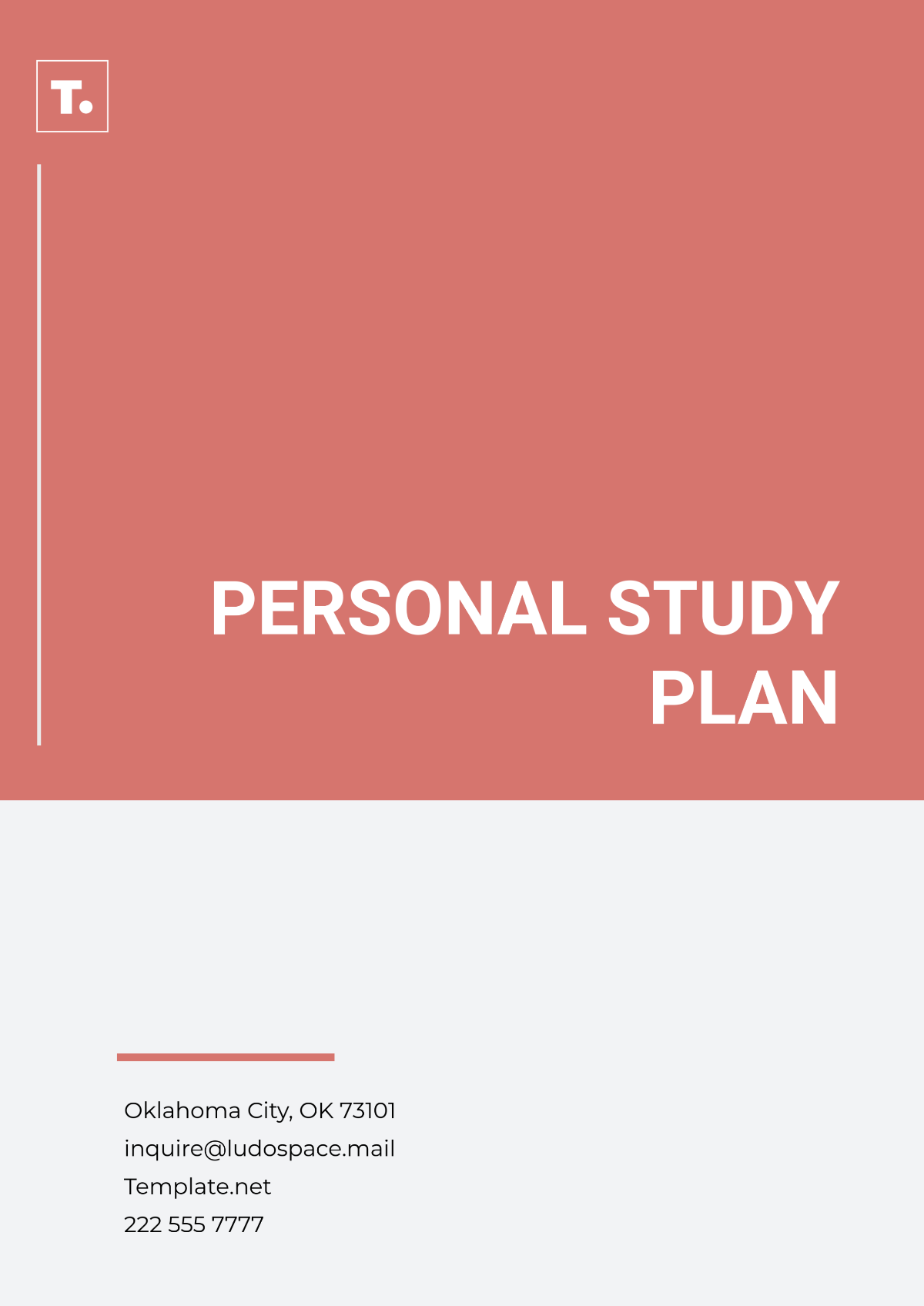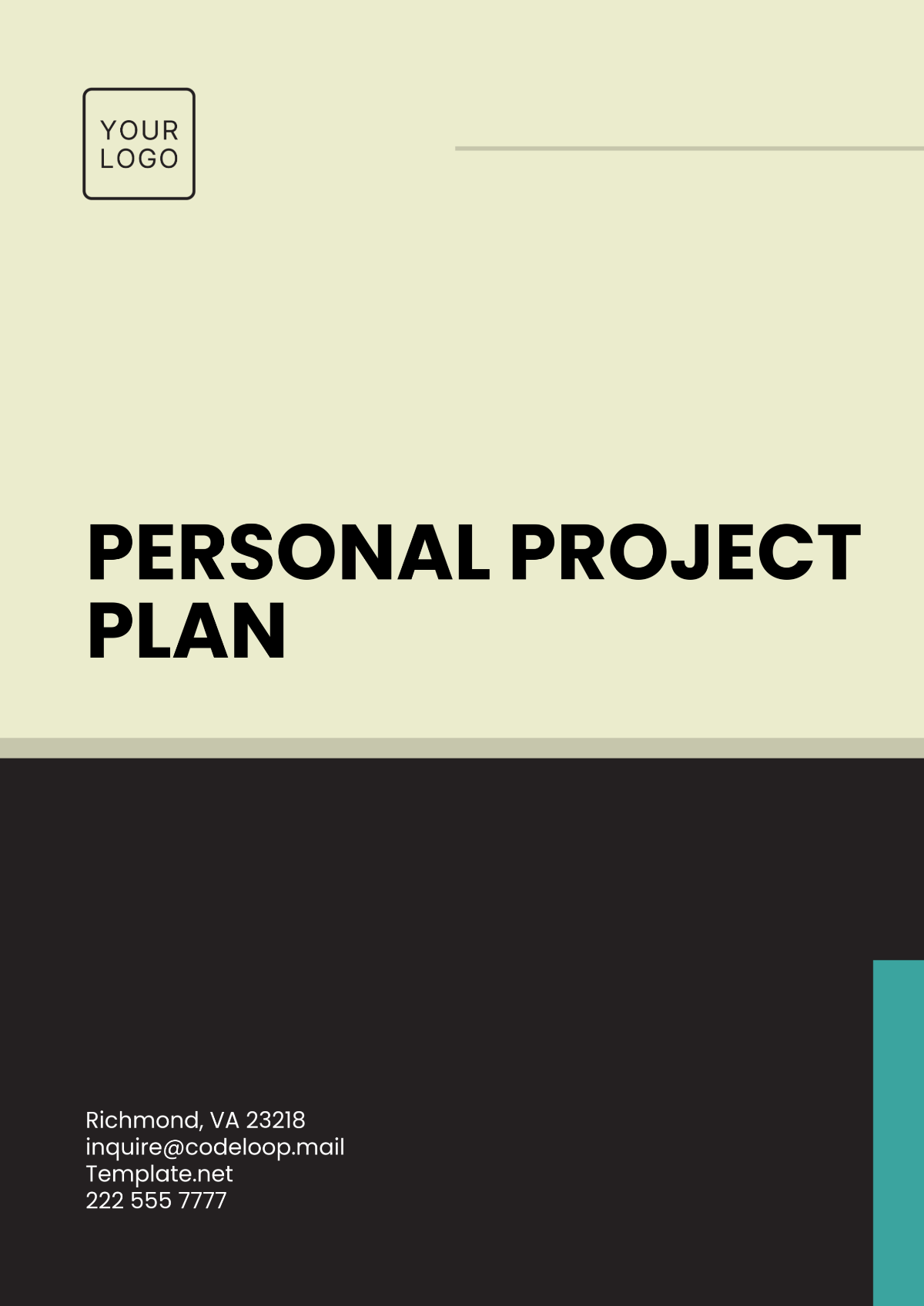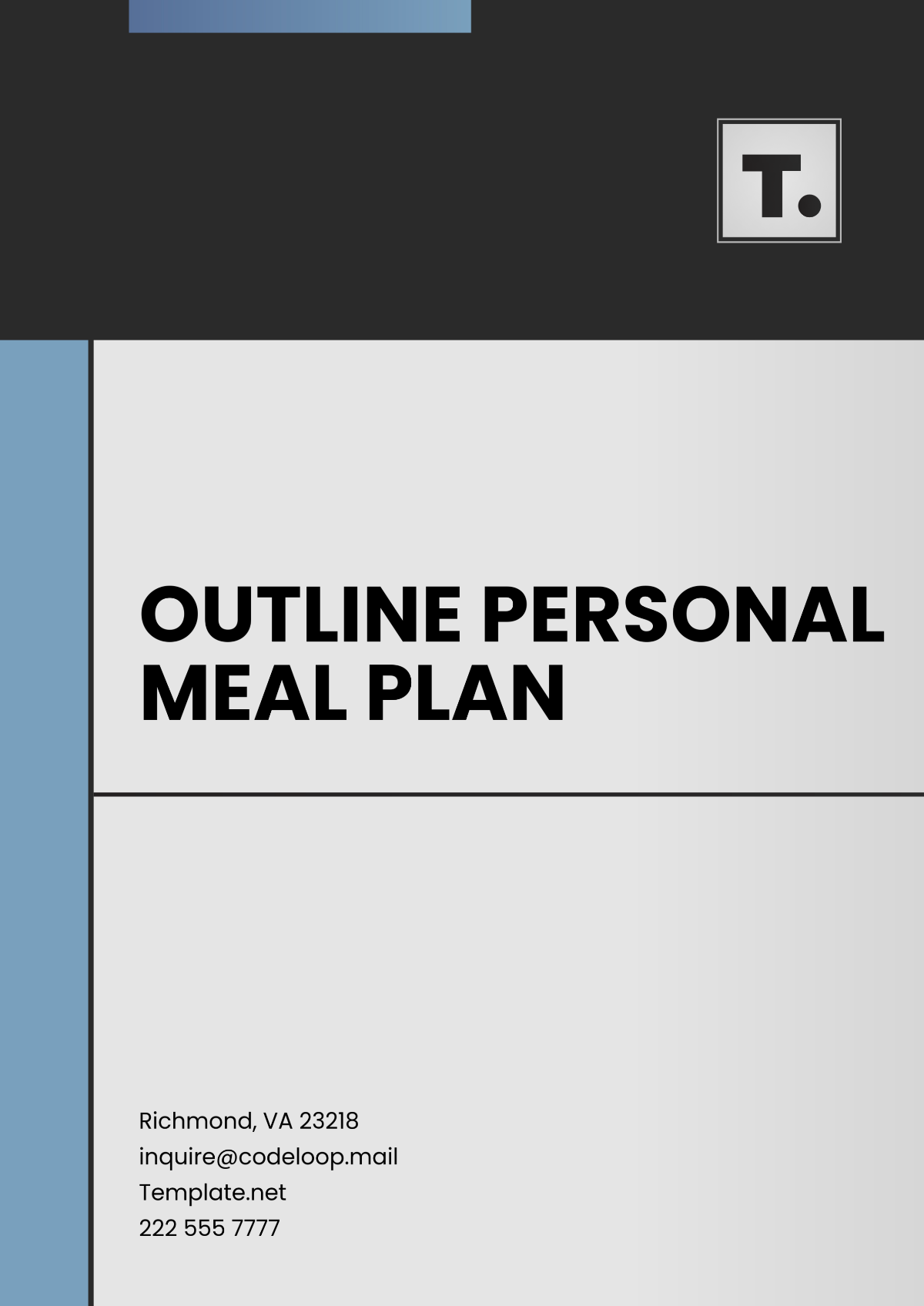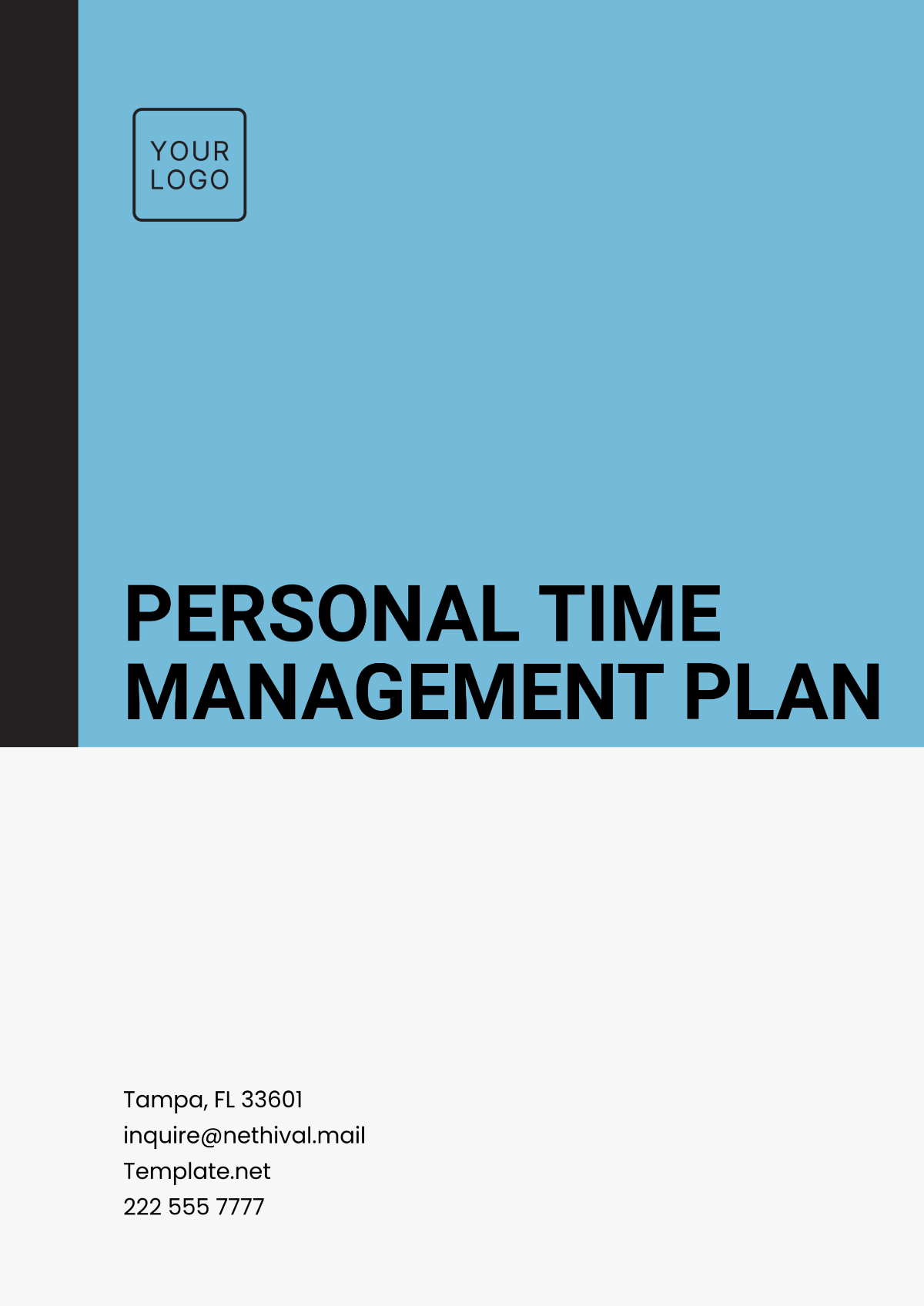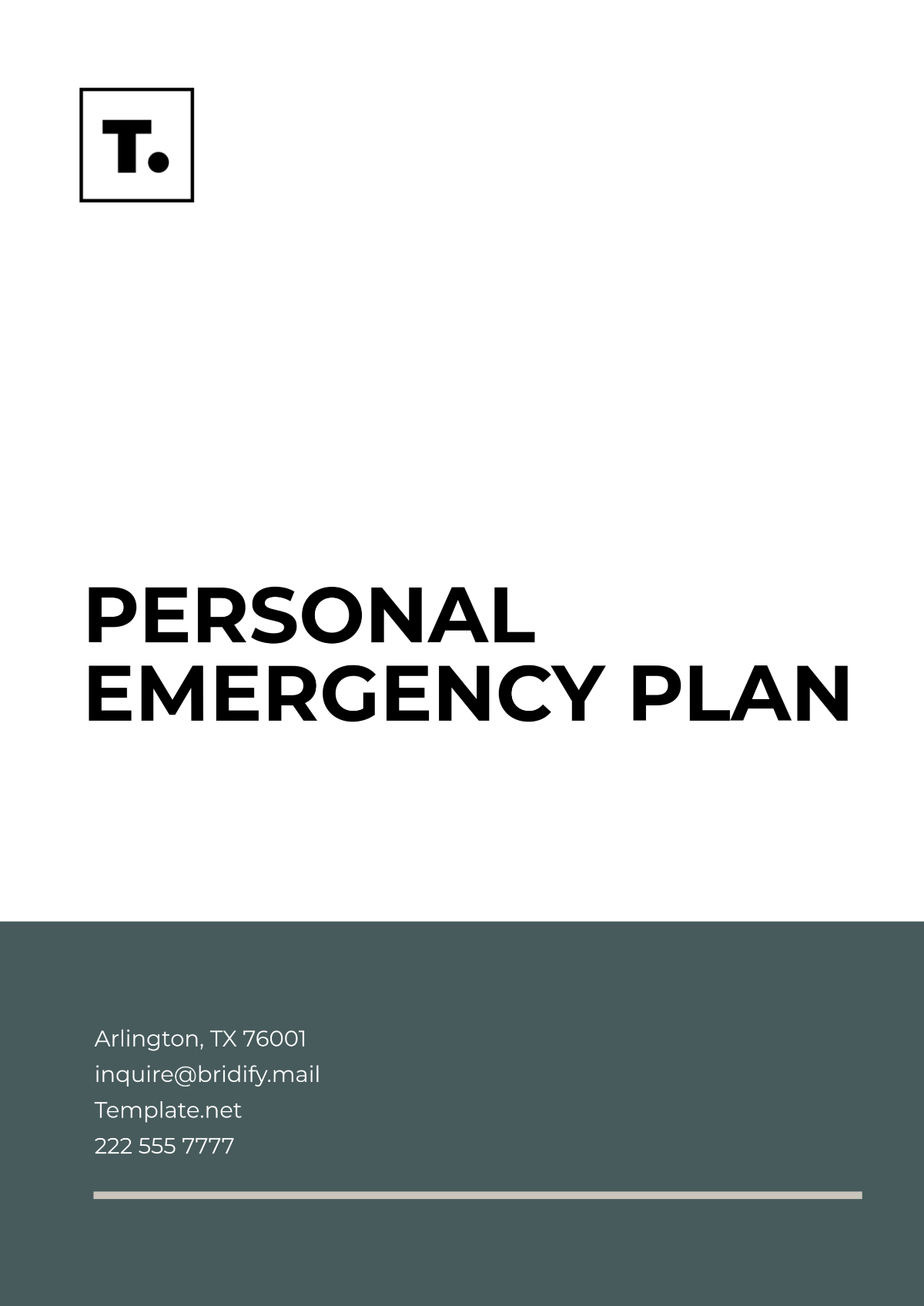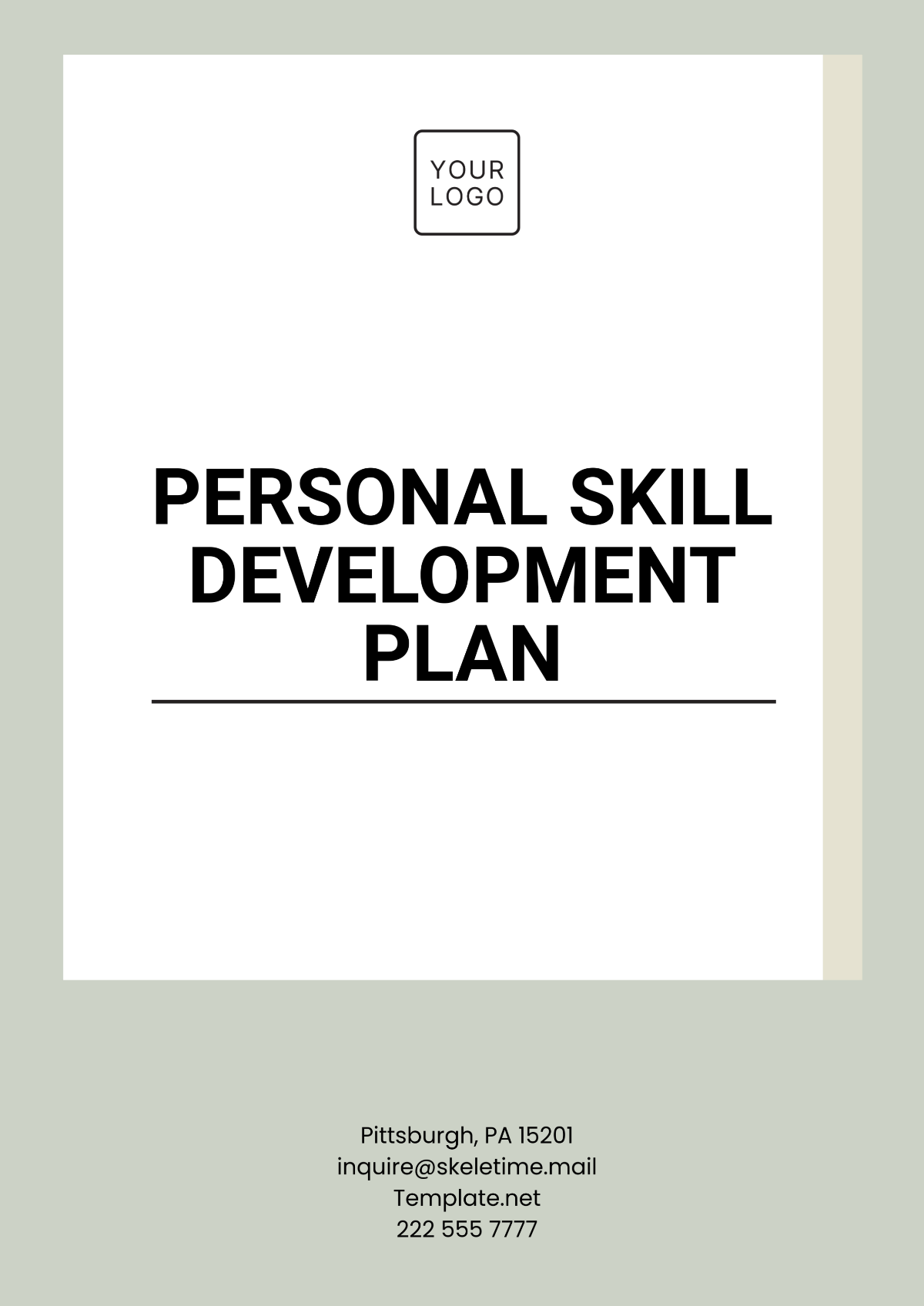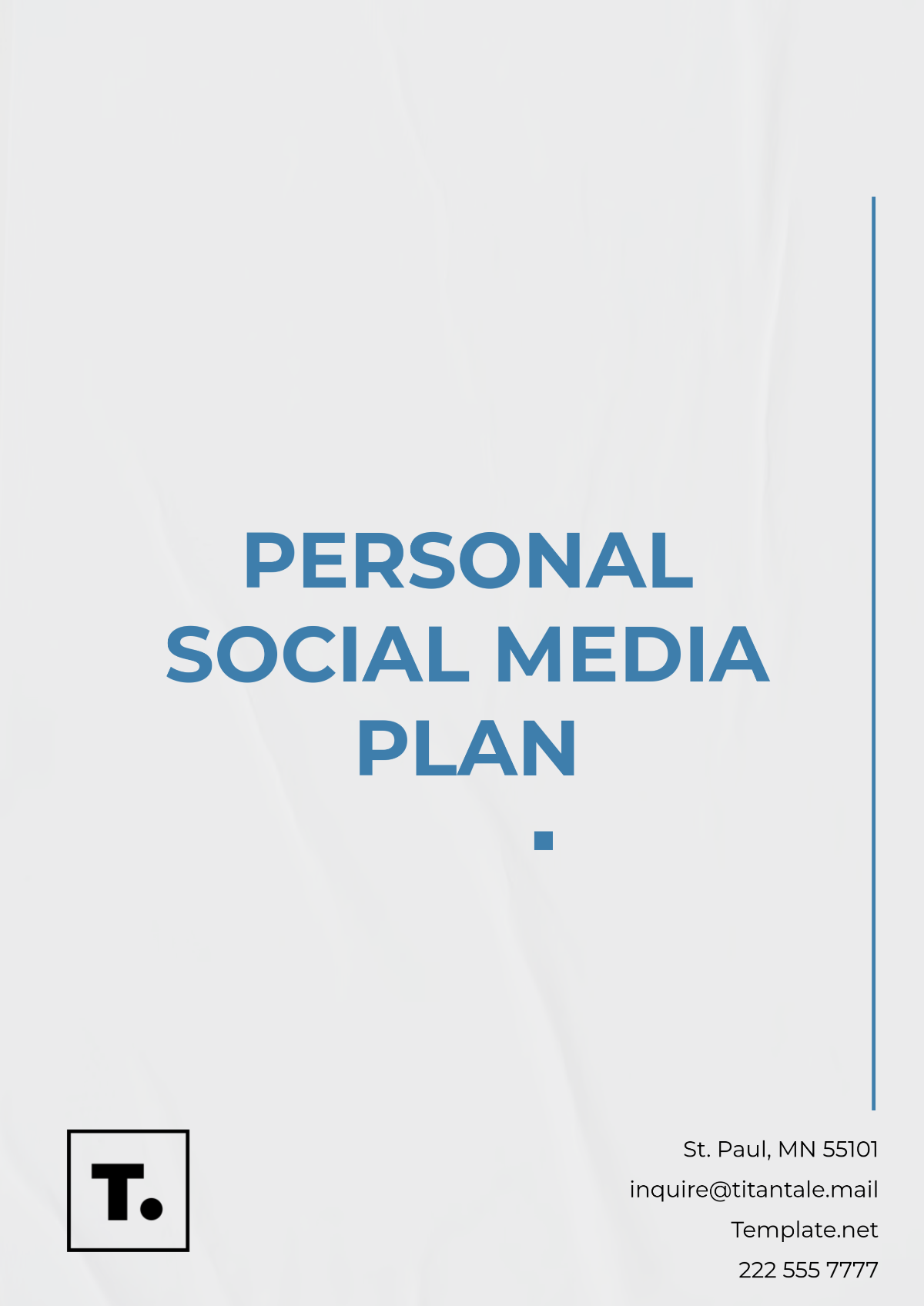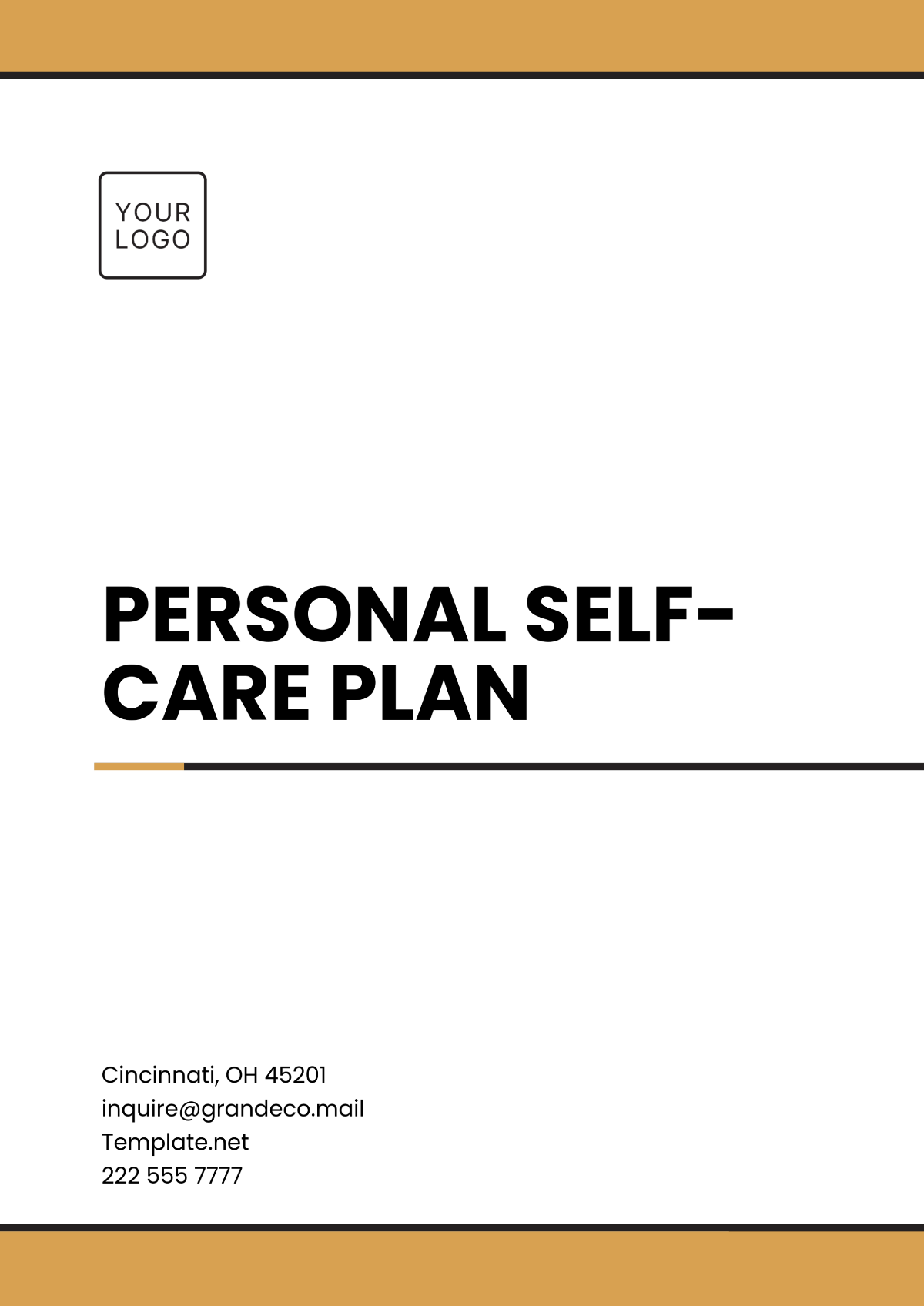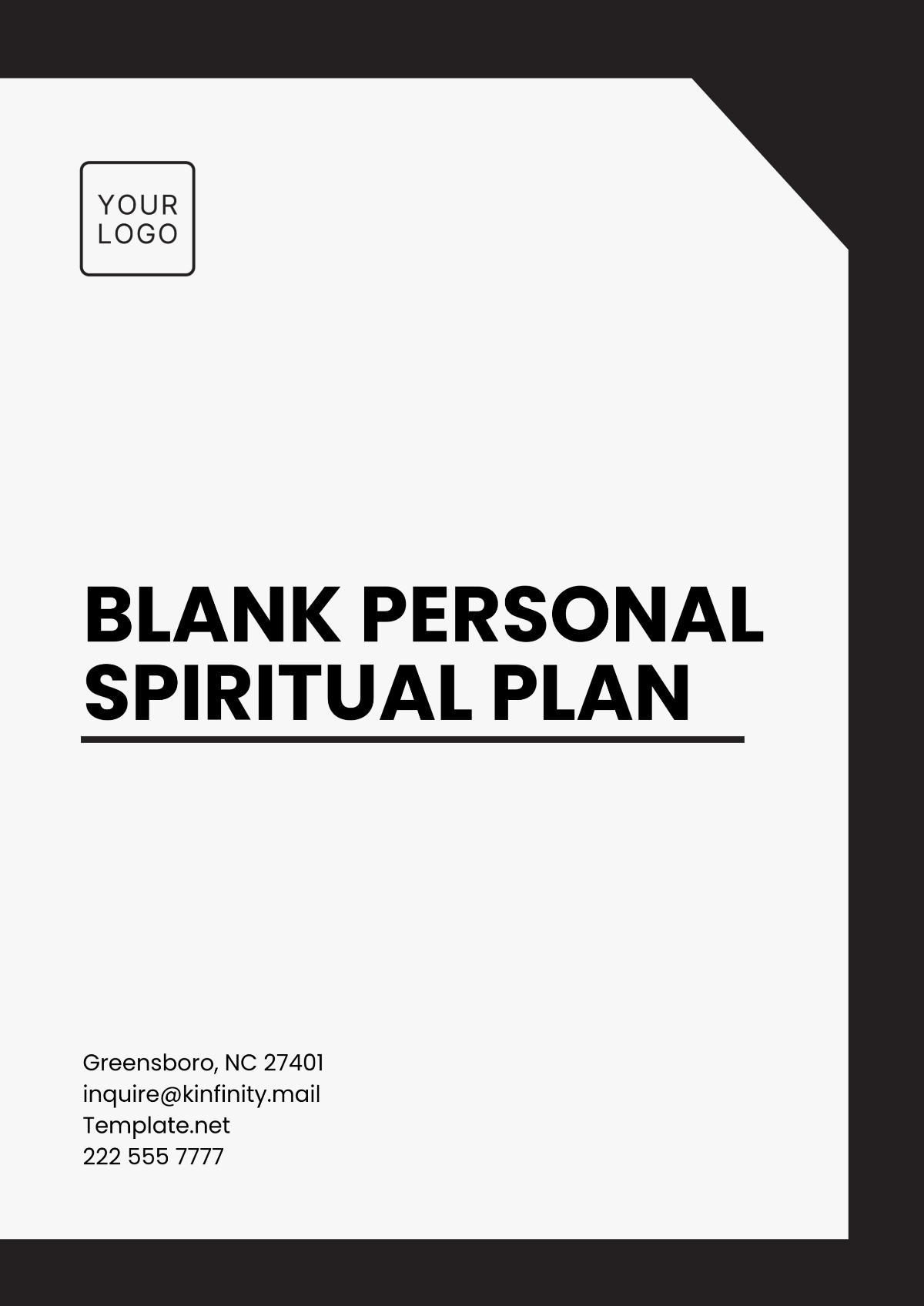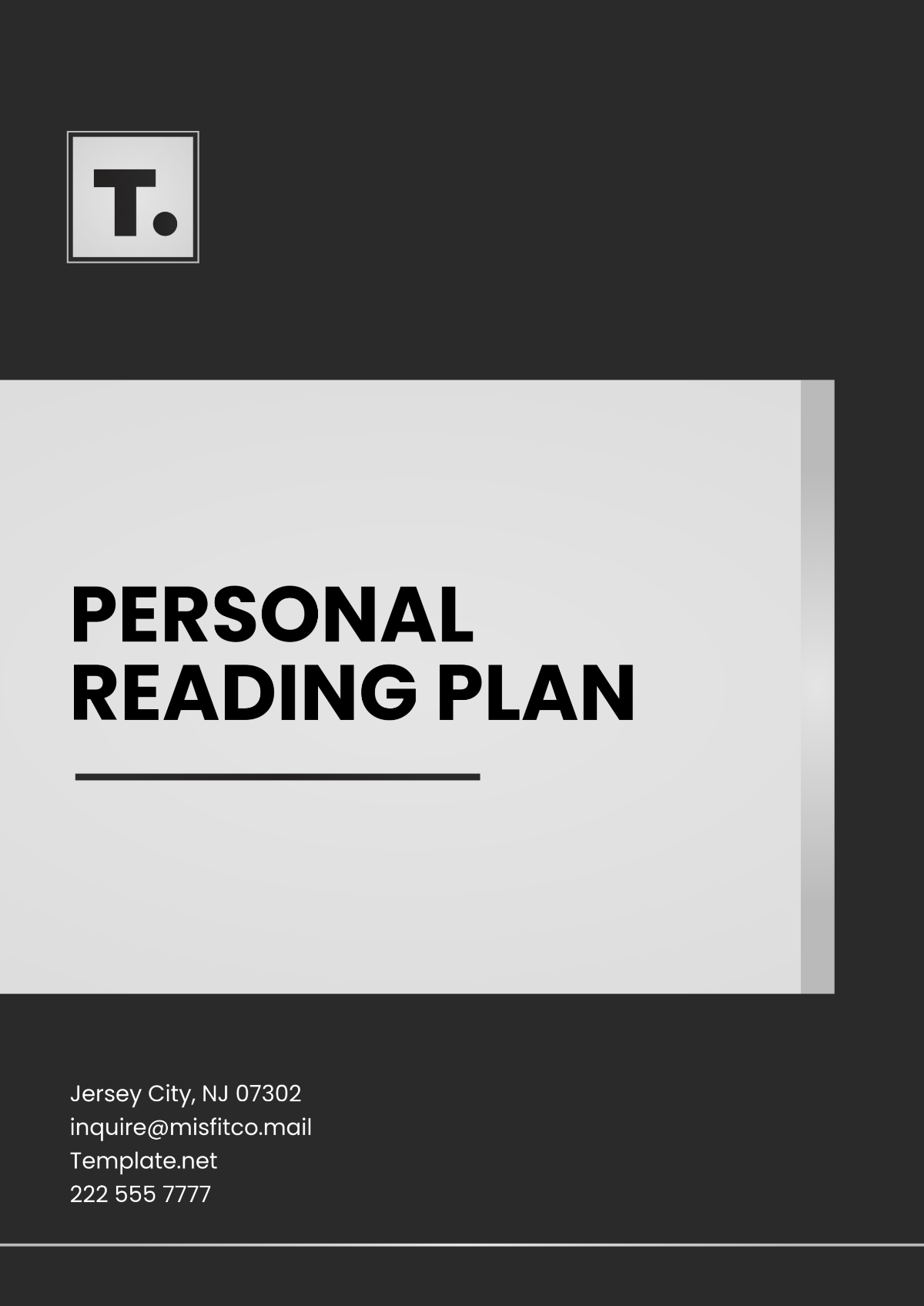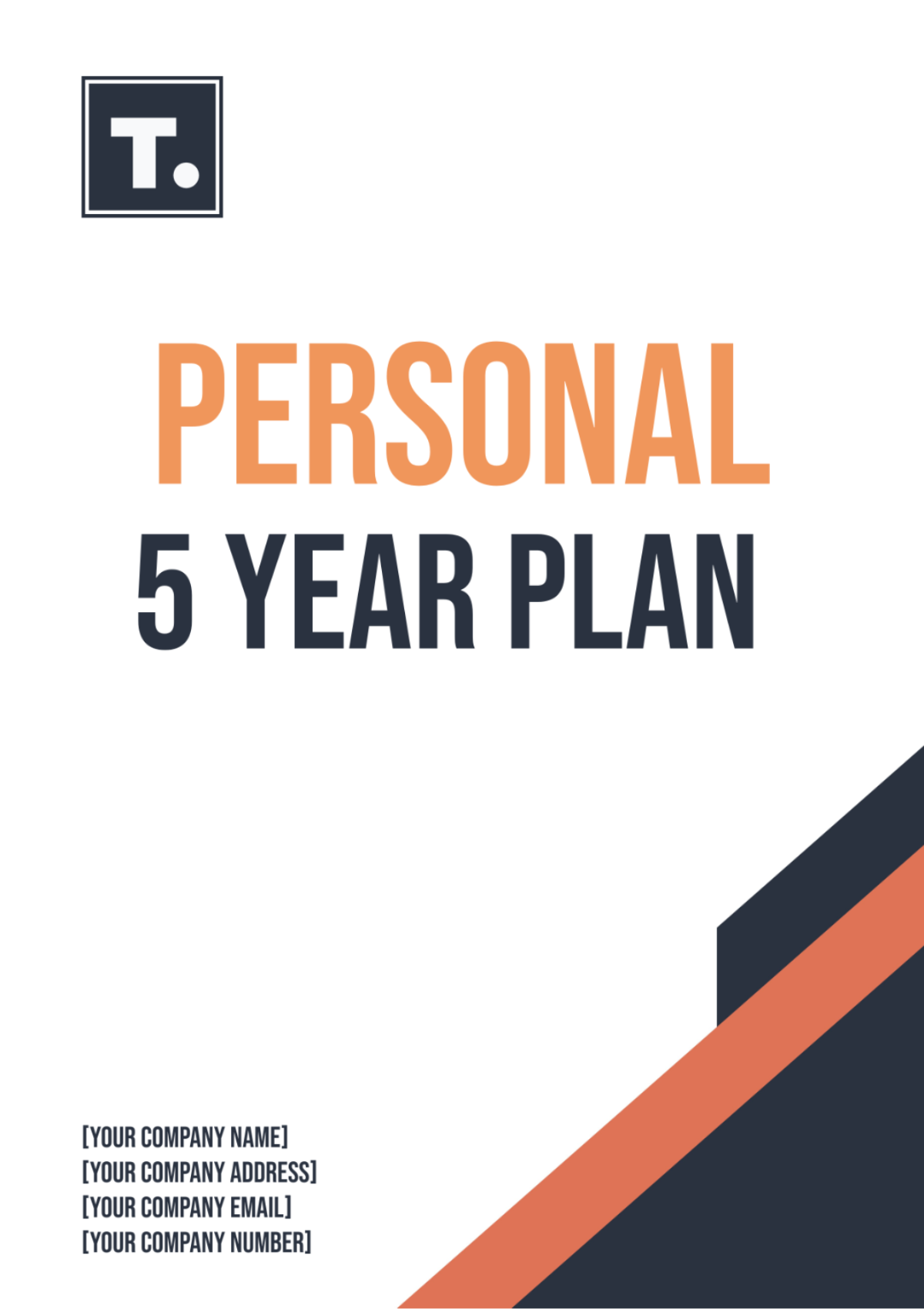Personal Reading Plan
Prepared by: [Your Name]
I. Introduction
This Personal Reading Plan is designed to help achieve specific reading goals through an organized and structured approach. The plan will allow for tracking progress, improving reading habits, and expanding knowledge across various genres and topics. By establishing clear objectives, a dedicated timeline, and utilizing diverse reading techniques, this plan will guide the reader toward a more focused and rewarding reading experience. Whether the aim is personal enrichment, professional development, or relaxation, this plan provides a roadmap for reading success.
II. Reading Goals
A. Short-term Goals
The following objectives will be accomplished within the next few months:
Complete "Sapiens: A Brief History of Humankind" by Yuval Noah Harari
Goal: Understand the evolution of humankind and its impact on modern societies.
Deadline: Finish by February 2050.Explore the Fantasy Genre
Goal: Read at least two books in the fantasy genre to gain an appreciation for world-building and imaginative storytelling.
Books: The Name of the Wind by Patrick Rothfuss and Mistborn by Brandon Sanderson.
Deadline: Finish both books by March 2050.Improve Speed Reading Skills
Goal: Practice speed reading techniques to increase reading efficiency.
Method: Dedicate 15 minutes daily to practice with articles, short stories, or chapters from novels.
Deadline: Achieve a noticeable improvement by April 2050.
B. Long-term Goals
The following objectives will guide the reading journey over the next year and beyond:
Read 30 Books in 2050
Goal: Expand knowledge and improve reading habits by setting a goal to read 30 books across different genres.
Books include: Fiction, Non-fiction, Historical, Biographies, and Science.
Deadline: Finish by December 2050.Master Basic Economics Concepts
Goal: Read key books on economics and financial management to enhance understanding of basic economic principles.
Books: The Wealth of Nations by Adam Smith, Freakonomics by Steven D. Levitt, Principles of Economics by N. Gregory Mankiw.
Deadline: Finish by mid-2051.Develop Expertise in Personal Development
Goal: Read self-help books that focus on career growth, mindfulness, and productivity.
Books: Atomic Habits by James Clear, The Power of Now by Eckhart Tolle, and Deep Work by Cal Newport.
Deadline: Complete by 2052.
III. Book List
The following curated list of books will be covered in this reading plan, aiming to expand knowledge in various fields:
"Sapiens: A Brief History of Humankind" by Yuval Noah Harari
Focus: Human history and cultural evolution.
Reason: Gain a deeper understanding of how humans have shaped the world through history."The Name of the Wind" by Patrick Rothfuss
Focus: Fantasy and world-building.
Reason: Dive into an immersive fantasy world with intricate plot twists and character development."The Lean Startup" by Eric Ries
Focus: Entrepreneurship and startup management.
Reason: Learn modern methods for building successful startups and managing innovation."Thinking, Fast and Slow" by Daniel Kahneman
Focus: Behavioral economics and cognitive psychology.
Reason: Understand the two systems of thought that drive human decision-making."Educated" by Tara Westover
Focus: Memoir and personal development.
Reason: Explore the journey of a woman’s escape from isolation to academic success.
IV. Timeline
A. Monthly Schedule
A monthly reading schedule has been designed to balance reading time across various genres:
January 2050: Sapiens: A Brief History of Humankind by Yuval Noah Harari – 2 weeks.
February 2050: The Name of the Wind by Patrick Rothfuss – 3 weeks.
March 2050: Mistborn by Brandon Sanderson – 3 weeks.
April 2050: Atomic Habits by James Clear – 2 weeks.
May 2050: Freakonomics by Steven D. Levitt – 2 weeks.
June 2050: The Lean Startup by Eric Ries – 3 weeks.
July 2050: The Power of Now by Eckhart Tolle – 2 weeks.
August 2050: Deep Work by Cal Newport – 2 weeks.
This schedule allows time to reflect on readings and not feel rushed while giving enough room to explore different genres and topics.
B. Critical Deadlines
Complete "Sapiens" by February 2050 – Ensure understanding of historical context before starting the next book.
Finish "Mistborn" by March 2050 – Immerse fully in fantasy before moving on to business literature.
V. Strategies and Techniques
A. Reading Techniques
Different techniques will be employed to ensure efficiency and comprehension:
Skimming: Useful for reading non-fiction or text-heavy chapters where only key points are needed.
Deep Reading: Applied to novels or books that require detailed analysis, reflection, and retention.
Audiobooks: Use audiobooks during commute times or while performing other tasks to maximize reading time.
Active Recall: Summarize key points after each chapter to ensure understanding and retention.
B. Time Management
Effective time management practices will be incorporated into the daily routine:
Daily Reading Time: Set aside at least 30 minutes each day for uninterrupted reading.
Utilize Breaks: Read during lunch breaks or between tasks to keep up with the reading schedule.
Avoid Distractions: Create a distraction-free environment during reading sessions to improve focus.
VI. Progress Tracking
A table will be used to track progress:
Month | Book Title | Completion Date | Status |
|---|---|---|---|
January | Sapiens: A Brief History of Humankind | February 15 | Completed |
February | The Name of the Wind | March 15 | Ongoing |
March | Mistborn | April 1 | Pending |
April | Atomic Habits | May 1 | Pending |
Green: Completed
Yellow: Ongoing
Red: Pending
VII. Reflection and Review
A. Monthly Reflections
January Reflection: Reflect on how Sapiens changed perspectives on human evolution and history. Identify key insights gained about societal development.
February Reflection: How did the immersive fantasy world in The Name of the Wind enhance creative thinking and narrative understanding?
B. Annual Review
At the end of the year, a comprehensive review will evaluate progress toward meeting short- and long-term goals. Key areas for reflection include:
Number of books completed.
Insights gained from new genres.
Books that had the most impact on personal growth and learning.
Adjustments to the reading plan for the next year.
VIII. Additional Resources
Podcasts: The Tim Ferriss Show (for personal development), StartUp Podcast (for entrepreneurship), History Extra Podcast (for historical topics).
Online Materials: Join book discussion forums such as Goodreads to engage with other readers.
Reading Groups: Participate in local or online reading groups to exchange ideas and recommendations.
